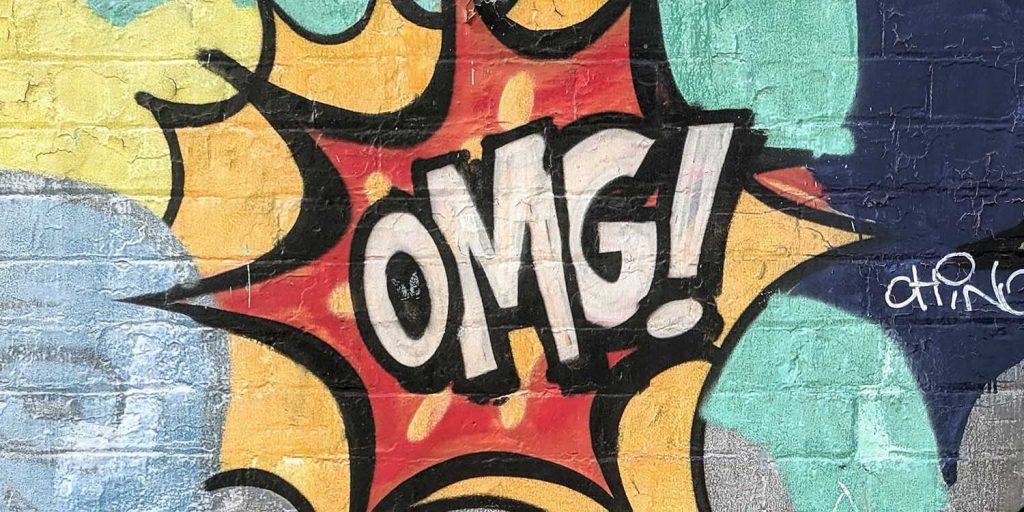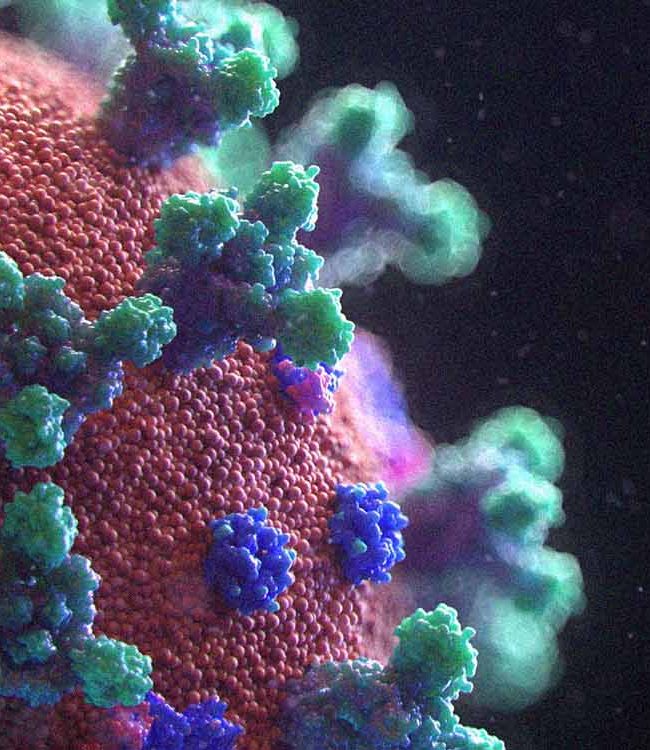Been tricked by fake news during the coronavirus lockdown? You’re not the only one…
Been fooled by an audio note on Whatsapp or an article shared via Insta? You’re not the only one. Fake news (aka ‘misinformation’) is all over the place at the moment and we’re dodging coronavirus conspiracies and unofficial official announcements like aircon in the winter.
Misinformation affects us all. It’s easy to get sucked into it, especially when it’s been forwarded to you by somebody that you trust. We’re all on high alert at the moment, because our very existence feels threatened by the coronavirus crisis. When we feel threatened, we actively seek out as much information as possible to help us evaluate the current level of risk and danger.
Check the source
We’ve put together our ultimate toolkit on how you can be a misinformation detective. Okay, so the audio note you just got sent, who is it that recorded it? Is there a name and job title? If so – Google it. If there is reference to a Government department or organisation involved in the current crisis, does the information check out with the latest announcements on their Twitter feed and/or website? Chances are, Government sources aren’t turning to Messenger and Whatsapp to share official updates.
Check where it originates from
We’ve all heard the disclaimers of ‘it’s definitely legit, it was sent by my brother’s, girlfriend’s, sister-in-law and she works for the Army and she was told by her friend who works for the NHS’. Yeah, no… chances are it’s a case of messages being passed on so many times with bits added and changed every time and there’s a solid chance the person who sent it to you is doing so because they believe it to be legitimate and are trying to help you. Ignore the fact that you trust this person wholeheartedly just for a minute and question if you’d believe it if somebody you didn’t know sent it to you. Trust your gut instinct.

Check the news
Head over to at least 2 different news outlets that you trust and check to see if they are running a story that backs up whatever it is you’ve seen, read or heard. If it’s got time to spread like wildfire on Insta, it’s had more than enough time to hit the media headlines. Quite often, media outlets will report on a breaking story initially with a sentence or two, followed by ‘more follows…’.
Google it
Take some of the keywords or claims from whatever you’ve been sent and Google it. Is it referenced elsewhere? And if so, is it referenced on authentic, reputable and trustworthy sources?
Try a fact checker
There are plenty out there, such as fullfact.org and snopes.com. Both websites currently have coronavirus related news items on the homepage and are frequently updated. If you can’t find any reference, why not send the information you’ve been sent to request that they fact check it? You can do this either via their contact forms or for a quicker response, their official Twitter feeds.
Look out for certain words
Quite often articles that contain misinformation use things like ‘an unknown source close to the issue’ and words such as possibility, speculation, probably, maybe, experts warn… basically words that suggest something is factual but isn’t actually. Unless a credibly source is able to factually declare something, take it with a pinch of salt.
Most importantly, don’t share anything until you’ve verified that the information is true and trusted. We know it’s tempting but try to keep in mind the fact that a lot of people are struggling with associated stress and anxiety and unfortunately some people just get off on causing a frenzy on social media.
Head over to our support community if you’re struggling with anything – we’re here for you.













